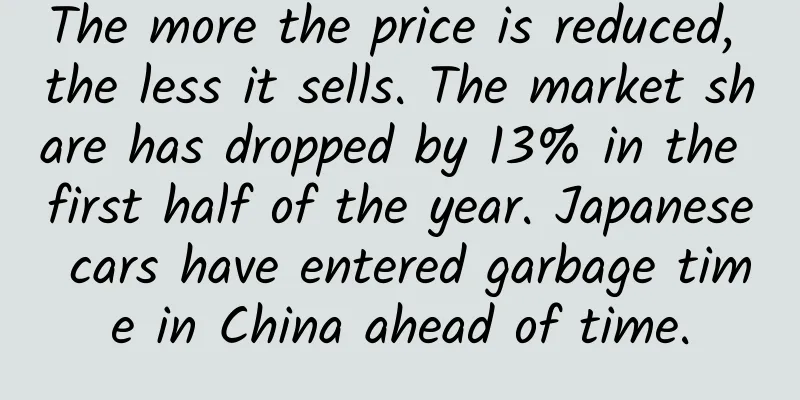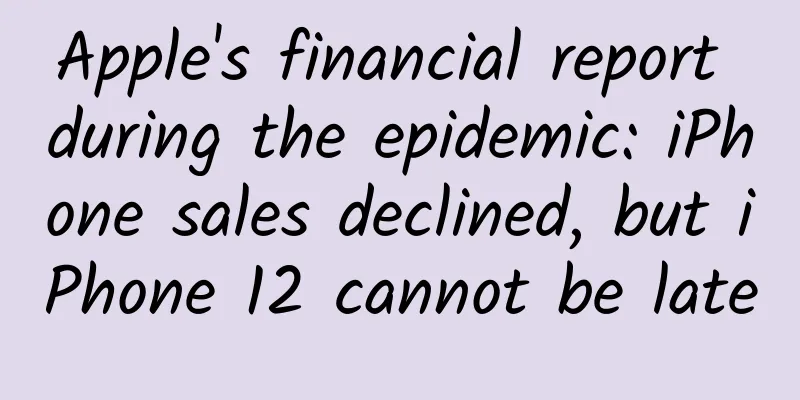The stock market is falling. Are you, a startup, ready for the winter?

|
As global stock markets tumble, shareholders of public companies aren’t the only ones wondering what their holdings will look like. Venture capitalists are also wondering whether the selloff will cool the red-hot market for private company stocks, especially in Silicon Valley. Last week’s plunge in share prices led to the worst week for U.S. stocks since 2011, and the sell-off resumed on Monday. The venture capital market is too hot, and cooling down is inevitable They have good reason to worry: There are now at least 131 startups valued at $1 billion or more, up from fewer than a dozen in 2010, according to CB Insights, a market research firm. Venture capital investment in 2014 reached $50 billion, more than double the $23 billion in 2010, and in the second quarter of this year it topped $17 billion for the first time since late 2000, according to the National Venture Capital Association. All of this is making people wonder if it’s time to cool down in Silicon Valley. Those predicting a crash in the startup funding market may have to wait, however. Any adverse effects on venture-funded companies are likely to be more complex than an outright market crash. By contrast, the effects of a stock market crash are bound to trickle down through the startup world, creating a divide between those that are doing well and have viable business plans and those that got funded during the funding frenzy that began earlier this decade. Once negative sentiment sets in, a broader, sustained slide could quickly spread. The likelihood of a collective decline in startup valuations is slim, largely because of the pricing of private company stocks. Startup stocks are held by a small number of investors and generally only adjust their prices when the company's founders go to the market to raise funds. In contrast, the stock prices of public companies rise and fall every day based on company performance and market sentiment. In the past few years, almost without exception, every time a private company has raised money, the stock prices of many startups have risen. Investors are mostly bullish on the future of startups because they believe there are many factors that will keep the market positive, including low interest rates, a recovering U.S. economy and a growing middle class in China. The gamble seems reasonable because more investment can help startups grow into corporate giants. Some startups may face challenges only when they need to raise new rounds of financing or they will not survive - investors hope that these companies can reassure them that they can survive even without venture capital to add fuel to their business growth. If a startup cannot reassure investors of this doubt, or if it has exhausted all the funds from previous rounds of financing and has not achieved the expected goals, then the company will be in trouble. Private company valuations take a hit Matthew Rubin, head of investment strategy at Neuberger Berman, a U.S. asset management company, said that in the near future, the market depression that gradually spreads to Silicon Valley startups "will affect companies that need to raise funds." He added that if the market slump lasts for several months, the valuations of some currently hot private companies will be greatly affected. Last week, Bill Gurley, a well-known venture capitalist, expressed concern about Twitter's slowing growth, while also suggesting potential ways for startups to change their fortunes. "Investors may refocus on the viability of business models and paths to profitability," he wrote. "For many companies, this seems like a seismic shift." He wondered how many entrepreneurs would be ready for this. If startups can’t adapt to a world that values profitability over growth, they’ll eventually be forced to raise money at the same or lower valuations than in the past, which some call a “down round.” But doing so also exposes startups to some significant risks: When a company’s valuation drops, employee stock options typically also depreciate, making it harder for the company to retain talent. If a company raises multiple rounds, late-stage investors have a protective shield that guarantees a certain amount of cash dividends and a return on investment. But in a “down round,” those protections are compensated with some of the gains that would have otherwise gone to early investors and employees. While those companies struggle, some startups that are careful with their use of capital and can show investors a path to profitability will still attract venture capitalists' attention, especially since they have not yet received billions of dollars in funding from venture capital firms and sovereign wealth funds. Startups are burning money Venture capital firms including Norwest Venture Partners, Founders Fund, Andreessen Horowitz and Institutional Venture Partners have each raised at least $1 billion for new funds since 2014. Singapore’s state-owned investment company Temasek and other sovereign funds have also begun to invest more money in private technology companies. Venky Ganesan, managing director of U.S. venture capital firm Menlo Ventures, said that high valuations of technology startups and an abundance of cheap capital in the market have encouraged some companies to burn money like crazy. “There’s a chill in the late-stage funding market,” he says. That’s in part because startups have begun turning to mutual funds and other public-market investors for funding. Each quarter, they can write down the value of their own stakes in private companies, casting doubt on the valuations of peer startups. “If you see ‘hailing discounts,’ or mutual funds reporting losses on investments in private companies, things can get bad really fast,” Ganesan says. “It’s like Game of Thrones, winter is coming.” The tech market bubble will burst Younger companies can still get funding easily, said Kevin Mak, director of Stanford University's Real-Time Analytics and Investment Lab and an advisor to Massdrop, a three-year-old e-commerce startup that closed a $40 million investment round two weeks ago. "We started raising funds two months ago when the market was in a downtrend, but it didn't have much impact on the fundraising," Mark said. "We found that when the market fell by 20% or more, more things would be filtered out, but it was mainly bubbles generated during the market downturn." If some private companies have a rough patch, that may not be a bad thing, because the startup market has been a bit like Lake Wobegon lately, where all companies are valued above average. Any venture capitalist will tell you that the vast majority of startup investments are losing money, with only a few profitable investments to partially offset the losses. So it's better to identify the troubled companies early, especially those that join the "unicorn club" with a $1 billion valuation. "Today, many entrepreneurs have not experienced the crisis of 1999. They only know what happened in the past two years, and they don't know anything about financial markets," Gurley said in an interview. "To them, this is how the game is played. Money is worthless, and the price of everything is rising. This is why we go through cycles." |
<<: As stock markets fall, a cold winter is coming for global technology startups
>>: A brief analysis of the five common mistakes made by independent game CPs
Recommend
What are some good methods to promote mini programs? What are the ways to promote mini programs?
1. Use WeChat search portal to grab ranking by mi...
Tik Tok Advertising Promotion | What is the billing method for Tik Tok advertising?
With the popularity of TikTok, many businesses wa...
3 ways to improve user retention through APP operation!
With the disappearance of the Internet's demo...
APP promotion: Detailed explanation of basic ASO optimization in the six major Android application markets!
When I was just getting started, I read various a...
What is the difference between product promotion in large companies and small companies?
On a large platform like Baidu, it is relatively ...
Capital pours into licensees; Internet TV competition enters 3.0 era
May 12th is the listing date for the 287 million ...
As spring arrives and flowers bloom, migratory birds return north. Please check out this bird watching guide in Beijing.
Spring is here, flowers are blooming, and migrato...
Microsoft announces end of support for first version of Windows 10: no use without upgrade
Microsoft notified enterprise users today that the...
After seeing the Volvo XC40, will you still buy the Q3? I don't even want to buy the Tiguan anymore
Among the compact SUVs of domestic luxury brands,...
Build a community that can sell goods and make money in 5 days, so that customers + orders will grow explosively, and earn more than 50,000 yuan per month (with information package)
Build a community that can sell goods and make mo...
Li Chen's personal profile: How to determine whether a website has been punished by Baidu?
If the website traffic drops sharply during opera...
Use Baijiahao's simple graphic content to make JD.com alliance and earn 300+ a day
Many people must know about selling products on Z...
How I taught myself Android, sharing my experience
I have learned Android for two or three months. R...
Tourism promotion, how does Lanzhou Tourism Company conduct online promotion?
As people's living standards continue to impr...









